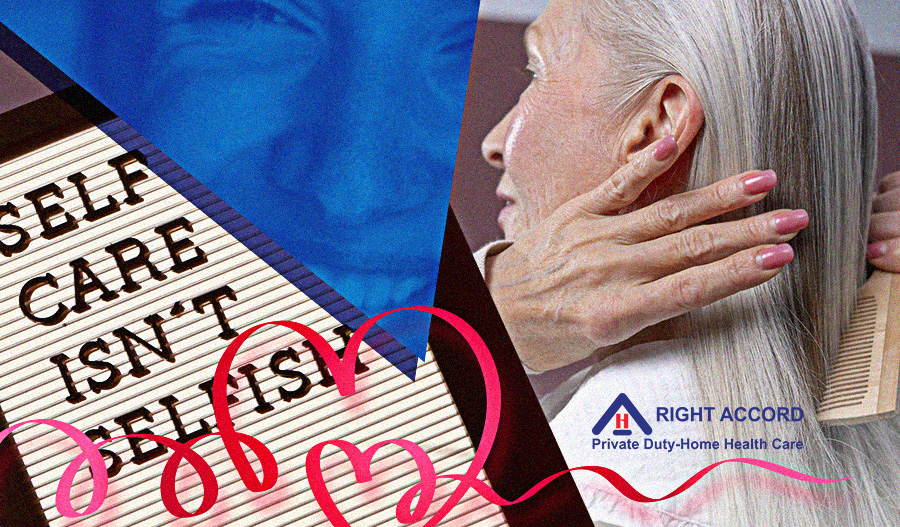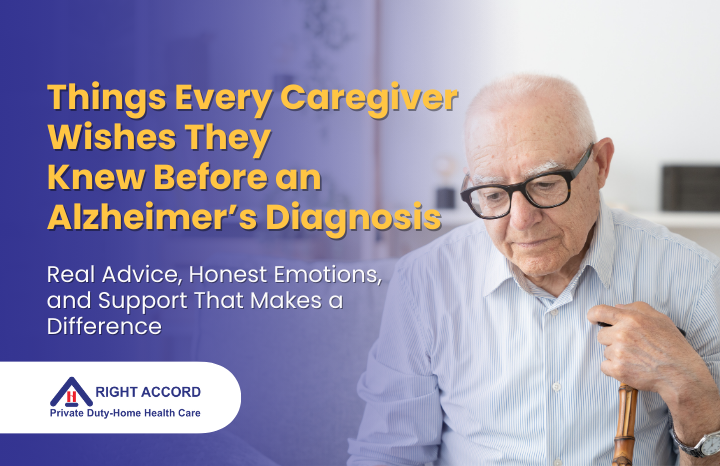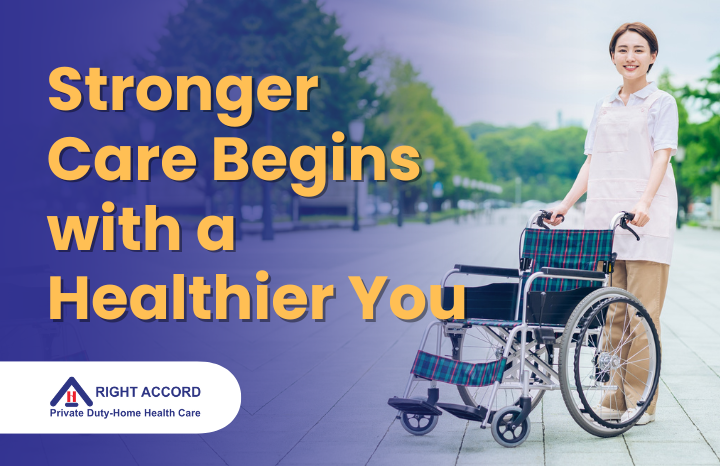· 7 min read
7 Tips To Cope With Depression, Isolation On Elderly During COVID-19
For the past 12 months, the effect of crisis from the pandemic has been challenging for many, including the elderly. We hope that these tips will truly benefit them.
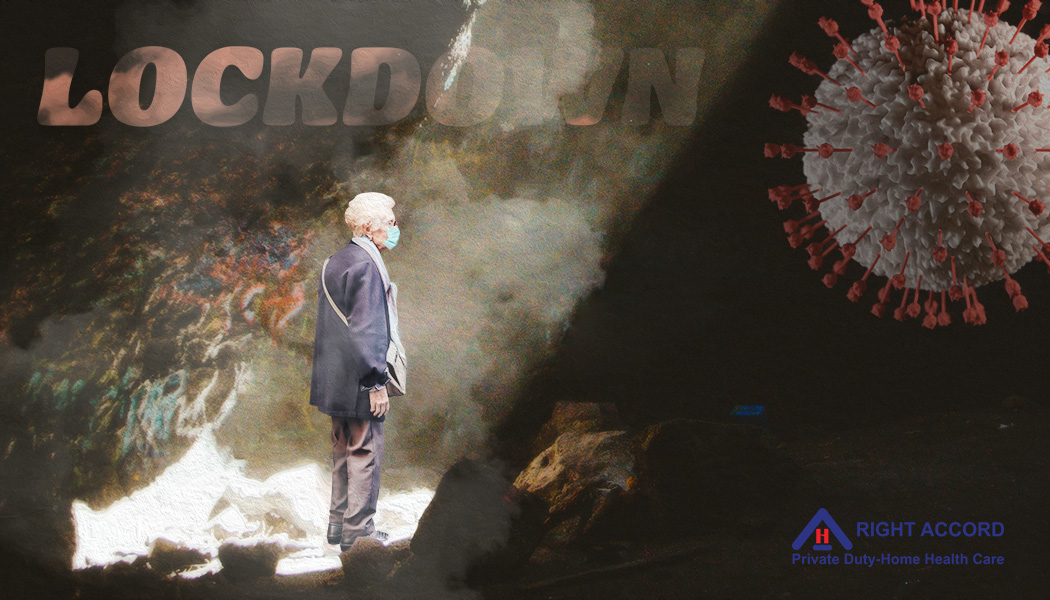
By: Rosemarie Tamunday Casanova — RN, BSN, MHA
As the coronavirus pandemic takes a new turn and surge, countries and states will be arm-twisted yet again by necessity to institute and enforce partial or total lockdown measures as a means to flatten the curve or reduce the spread of the COVID 19 infection.
With over 86 million recorded cases and over 2 million deaths globally , it is understandable why isolation as a measure to combat the spread of the virus is scientifically considered necessary.
These measures however, tend to put the elderly who are at serious risk (including other categories like the sick and immune compromised) under the spotlight. These categories of people usually, would be the first to be considered for isolation.
But humans are social creatures, hence the challenges that are expected with measures like these. The elderly, for instance, when socially isolated from the general population will tend to have heightened risks for certain health conditions. Health conditions that include but are not limited to the following - cardiovascular accidents, dementia, mental health concerns and of course depression.
What are the risks of depression associated with COVID 19 induced isolation and what can be done about it?

Photo by David Clode on Unsplash
Firstly, many elderly people tend to socialize by traditional means; such as through places of religious gatherings, reunions, community centers and town halls etc. They tend to have a limited use of novel social platforms like the internet. This is particularly an important point of consideration because the above mentioned avenues for gathering are usually the same places that are shut down during lockdowns. And with the consequent isolation, many elderly individuals might tilt towards states of depression.
It is equally necessary however, to note that social isolation and depression do not always go together and a distinction between the two should be first established.
Isolation as part of the preventive measures against COVID 19 is an objective one needed to prevent the contraction or spread of the disease, while the consequent depression, if it arises, is a subjective reaction or response by an individual who has been placed under the above living conditions. Late life or elderly depression affects over 6 million people in the United States of America. However, only about 10% of them require medical attention. Some people are more prone than others to slip into depression during isolation because of certain risk factors. Some of these factors include:
- Lifestyle of stress
- People with no life partners ; those who are unmarried, divorced, not yet married or have lost their partners to death.
- Female elderly population
- Lack of an adequate family support system
- Physical disabilities brought about by arthritis, diabetes, stroke, etc
- Family history of depression
- History of attempted suicide
- Chronic pain
What are the major concerns about isolation and depression in the elderly?
1. Risk of suicide
Depression from isolation in the elderly increases their risk of suicide attempts especially in caucasian males. Suicide rates among the elderly within the ages of 80 to 84 are over two times that of the general populace, according to the National institute of mental health which also considers depression in over 65 year olds as a major public health concern.
2. Dementia related problems
Interaction and socialization is required for brain activity especially in the elderly and particularly in those with signs of senile dementia or Alzheimer’s disease. These illnesses tends to worsen when they are left to their own fate with minimum to no interaction at all with other people.
3. Worsening of cardiovascular problems
Such as hypertension from limited physical activity and resultant gain in weight.

Photo by Pixabay
How do you know when depression sets in?
An elderly person with depression will likely show many of these signs:
- A lack of interest in things that would ordinarily excite them
- Loss of appetite and resultant weight loss
- Unexplained tiredness and listlessness
- Feelings of irritation at the slightest discomfort or provocation
- Lack of concentration and focus
- Increased sleep time more than the usual norm
- Loss sexual appetite
- Feeling of hopelessness
- Suicidal thoughts (in worse cases, suicidal attempts)
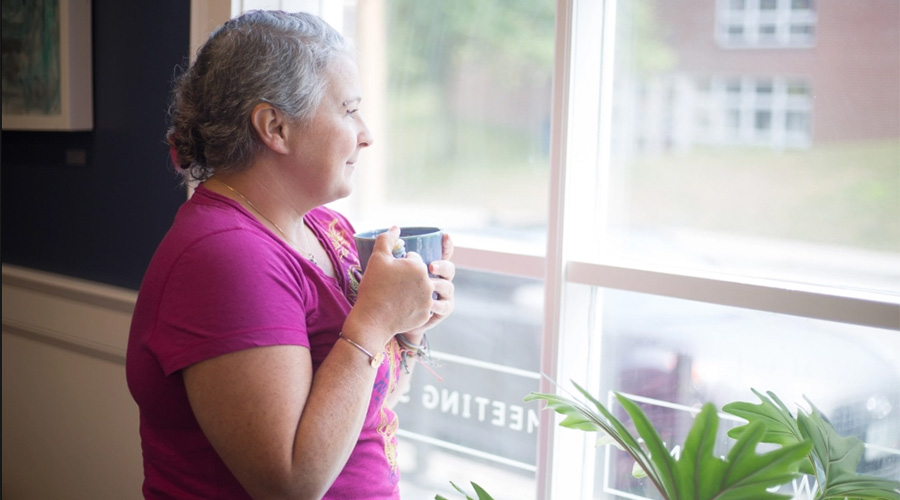
Photo by Cytonn Photography on Unsplash
When to get help for depression
Depression should be taken seriously just like any other medical condition. In some cases, some self help measures can help with the relief of depressive feelings and in other cases, it is best to seek help. You know it is time to get professional help when the following have been noticed:
- If the above symptoms have gone on for weeks
- If you have started to think about hurting yourself
- You can no longer stand the presence of people or can no longer socialize even when the options are made available
- If your condition has started to interfere with the quality of life you lead, affecting your job and productivity, your relationship with other people and the attention you pay to yourself.
When these signs have been noticed, please seek professional help. However, in milder situations, there are home remedies that could come in handy in coping with depression brought about by isolation from COVID 19:
1. Stay alive
Firstly, if you have tested positive to COVID 19, then your first duty to yourself is to ensure that you stay healthy if there are no symptoms of COVID or to get nursed back to health if you have symptoms.
2. Stay Active
You also want to stay active while you have been confined to a space. There are innumerable exercise routines one could do in closed spaces to keep the body active and healthy. Exercise builds immunity, exercise prevents your muscles from wasting and shrinking rom lack of regular use as can be seen in people who have been kept in one place for long periods.
3. Engage your mind
There is usually no better time to pick up certain skills and knowledge than when you are alone and have your privacy. Being isolated can give room for picking up a skill. You can read a book or take a course online. Asides the general advantage this gives you to return to your previous self, it helps take your mind away from certain thoughts and keeps you engaged.
4. Learn to connect with people.
Many platforms and applications have come to be introduced or used more often because of the lockdown that was brought about by the global pandemic. With these platforms, staying in touch and connected to friends, family, colleagues and associates have been made much easier and possible. If physical distancing is being observed, you don’t have to also be distant mentally. Socializing is still very much possible via these means. Seize the opportunity to connect and reconnect.
5. Eat right
Food is often said to be the best medicine. Eating right can help you boost your immunity which in return helps you fight off the infection, thereby shortening the number of days you’ll have to stay sick and be isolated. Eating right can also brighten your mood. Go natural and have a lot of home made meals rich in vitamins and all the right elements.
6. Avoid quick fixes
There is an easy tendency to find a quick relief from the feelings of depression. As a result, people tend to give in to substance and alcohol abuse. Stay away from pills not recommended by your physician and stick to the prescribed dosage for the ones prescribed for you. Avoid using alcohol as a substitute for the moments of anxiety and “lows” you feel.
7. Talk about your condition
When you suspect you have depression, understand that you are not weak. Just like anyone could have any other medical condition which can be through no singular fault of theirs, one can also have depression. It is a medical condition and not a sign of weakness on your part.
Do not be ashamed to talk about how you feel to your friends and family. The more you keep it to yourself, the more you are likely to ruminate on potentially dangerous ideas and thoughts. Also, talking helps to lighten the weight you feel and eases your mind. Online therapist services can be employed as well if professional help is needed.
Conclusion
For the past 12 months, the world has been constantly barraged with the crisis from the epidemic. It has been a challenging time for many, including the elderly. We hope that these moments will pass and as we go through them together, we will come out strong on the other side. We also hope that these tips are beneficial to you and help you stay safe.

